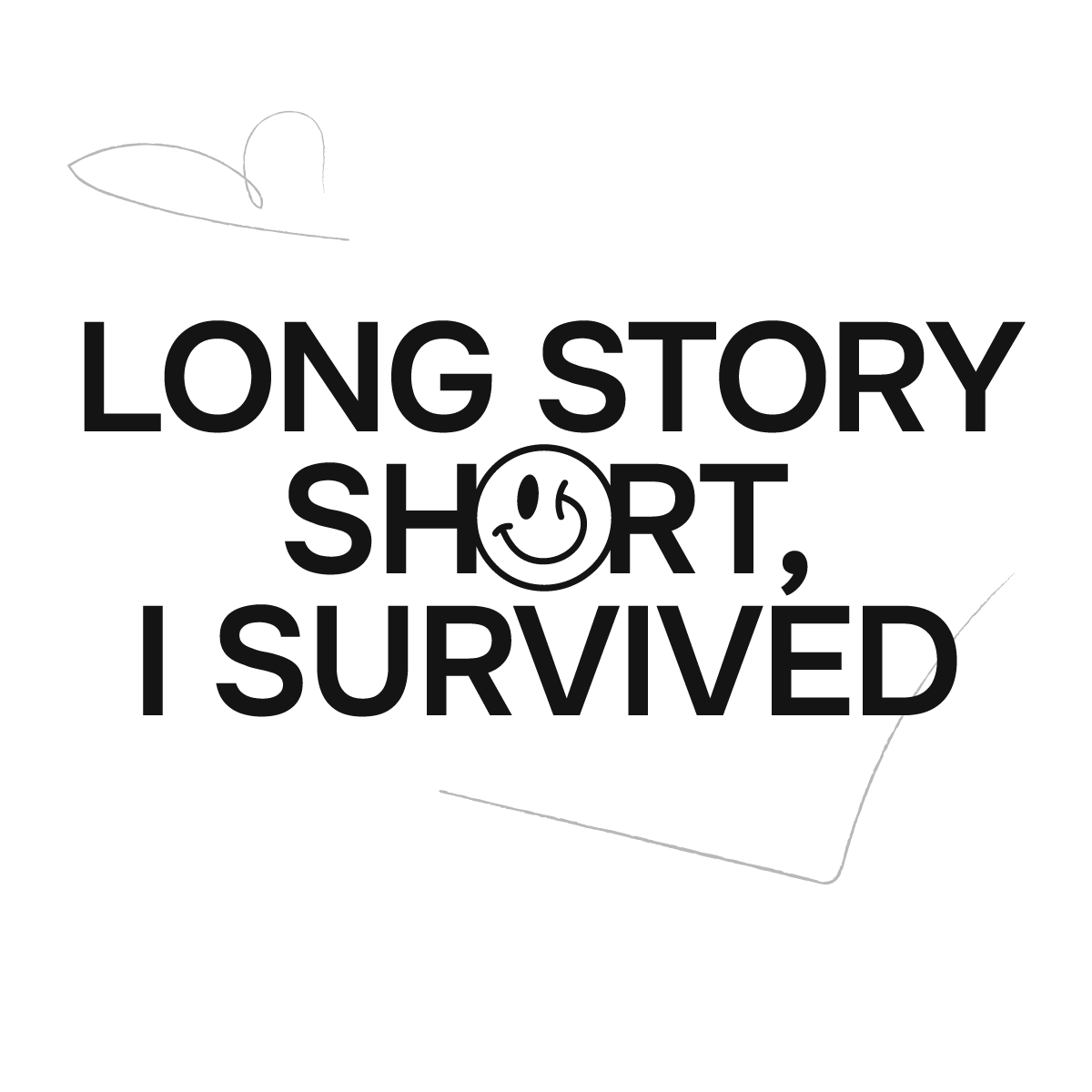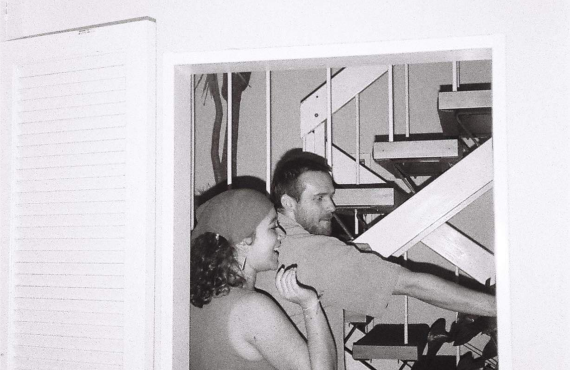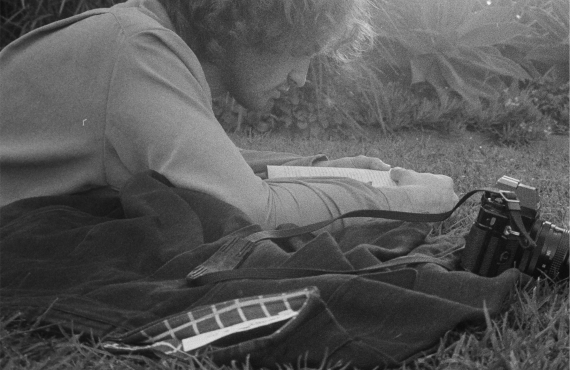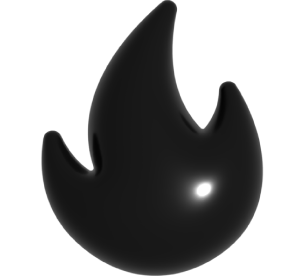How I learnt to feel and regulate my emotions
By Mataio (Matt) Brown
The concept of emotional regulation – i.e. keeping your feelings in check and understanding the emotions you’re experiencing – was completely foreign to me for my entire childhood. As a boy growing up in a state house in Christchurch with parents who immigrated from Samoa before I was born, I was surrounded by dysregulated adults who abused substances and reacted in violence whenever an emotion that they didn’t want to feel, would surface.
Of course, I didn’t have the language back then to describe this or the insight into how to regulate myself when my own feelings came up, so as a teenager I struggled to feel. Consequently shutting down all my emotions and battling suicidal ideation constantly. I was subjected to abuse in my childhood and never had people I felt safe with to explore the feelings that came from those experiences.
In my twenties after I embarked on my own healing journey I learnt that I could practice regulating my emotions before they got to the stage of overwhelming me – something that often caused me to shut down or explode. This is a skill that I discovered we need to be taught as young as possible. If more of us knew how to regulate our emotions, we would see a huge decline in intimate partner violence.
Regulating our emotions doesn’t mean that we stop feeling pain, sadness or anger. It just means we understand that while painful things will inevitably happen to us in life, it is possible to navigate our human experience better. The full spectrum of our emotional range can be felt without fear when we grasp this.
In my childhood, any kind of vulnerability would put me in the position to be further abused so it felt like the right thing to shut down all my emotions. That way, my emotions couldn’t be used against me. Years later, in my early thirties when my Mother tragically passed of cancer, a huge wave of grief and sadness hit me – and it wasn’t just from her passing.
Years of sadness as a powerless kid, watching my mother suffer the violence inflicted on her, and now watching cancer kill her had all built up over the years and was erupting like a volcano inside me. Her death triggered so many emotions of powerlessness, grief and loss that I had been too scared to feel before.
When this happened, I had the choice to experience those emotions or to shut them down. It would be easier to put them away, back where they’d lived for many years. But I also knew that the pain would still be there and would want to resurface another time. One question came to my mind; If not now – when? So I decided now was the time to feel things I hadn’t been able to for a long time.
I still had work to go to and children to care for so I created a container for my emotions; boundaries for them so they didn’t stop me from functioning. I allowed myself to cry at night when my family was asleep. I continued to remind myself that my tears – which continued to come for a long, long time – were ok and a very normal human reaction to what I had experienced, and a sign that younger Matt’s emotions were now being witnessed.
I felt the grief of a lost childhood. I felt the pain of having a Father who never showed up for me the way I needed. I felt anger at his inability to heal himself, and how that had subsequently affected myself, my siblings and my Mother in varying ways that required us to heal the wounds he had inflicted.
Adult Matt was in a different place. I was safe to express what I needed and I would continue to affirm and encourage myself throughout my grieving. This was one of the most painful times of my life yet I am grateful for it because it taught me that I could feel the pain, validate and regulate my own emotions.
*Taimalelagi Mataio (Matt) Brown MNZM is the co-founder of She Is Not Your Rehab, a global anti-violence movement created to address and dismantle cycles of intergenerational trauma, violence and abuse by promoting safe relationships and providing accessible tools and support for individuals and communities like inner boy.nz - a free app designed to create a generation of cycle breakers.
Tagged
You may also like
-
 Read
ReadDo you like your partner as a person, or do you like the lifestyle they offer you?
Advice, Relationships














